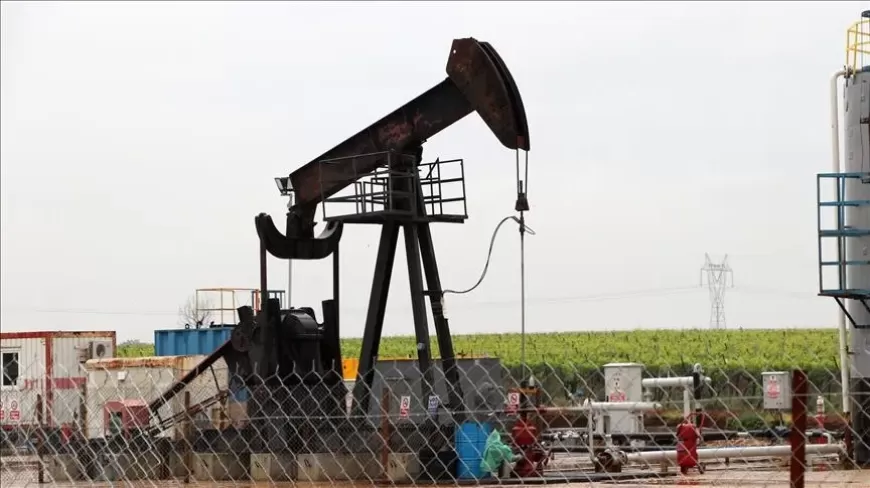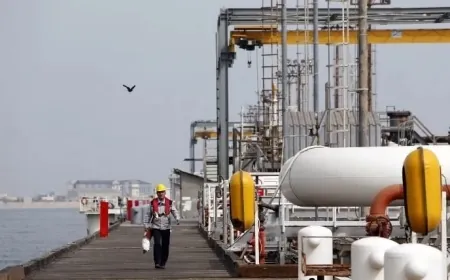Oil Prices Rise as Israel-Iran Conflict Escalates and China Cuts Lending Rates
Oil prices climb as Israel responds to Iran amid rising Middle East tensions, while China's rate cuts aim to stimulate its economy. Learn how these factors are shaping the global oil market

Oil prices increased after falling nearly 8% last week, as tensions in the Middle East and China’s economic moves impacted global markets. Brent crude, the global oil benchmark, rose above $74 per barrel, while West Texas Intermediate (WTI) climbed past $70.
This rise in oil prices followed a weekend of escalating tensions in the Middle East. On Saturday, a Hezbollah drone exploded near Israeli Prime Minister Benjamin Netanyahu's home, and by Sunday, Israel launched military strikes on Hezbollah positions in Lebanon. Israel also vowed to retaliate against Iran for a missile attack that took place earlier in October. These developments have raised concerns about potential disruptions to oil supplies in the region.
At the same time, China, the world’s largest oil importer, took steps to boost its economy by cutting its benchmark lending rates on Monday. This comes after the central bank lowered interest rates at the end of September. These actions are part of China’s efforts to revive economic growth. Saudi Aramco's CEO, Amin H. Nasser, expressed optimism about China's oil consumption, despite some concerns about soft demand.
Oil markets have been volatile this month, as traders weigh the risks of potential disruptions from the Middle East against signs of slowing demand in China. The International Energy Agency (IEA) warned that rising global oil supplies could result in a surplus in 2024. OPEC+, the group of major oil producers, is also planning to increase production from December. IEA head Fatih Birol said that unless tensions in the Middle East escalate further, oil prices could face downward pressure due to more stable market conditions, particularly as oil production grows in the Americas.
Despite this possibility, traders are still nervous, with many expecting further price fluctuations. Bullish call options, which are bets that oil prices will rise, remain more popular than bearish puts, which predict price drops. Last week, the volume of call options on Brent crude was the second-highest ever recorded, showing that traders are still concerned about the direction of oil prices.
The situation in the Middle East and China's economic recovery efforts will continue to be key factors in determining global oil prices. While there are signs that oil supplies could stabilize, any further escalation in the Middle East could lead to more price volatility in the coming months.
Also Read: Oil Prices Surge as Israel Prepares for Potential Retaliation Against Iran
































































